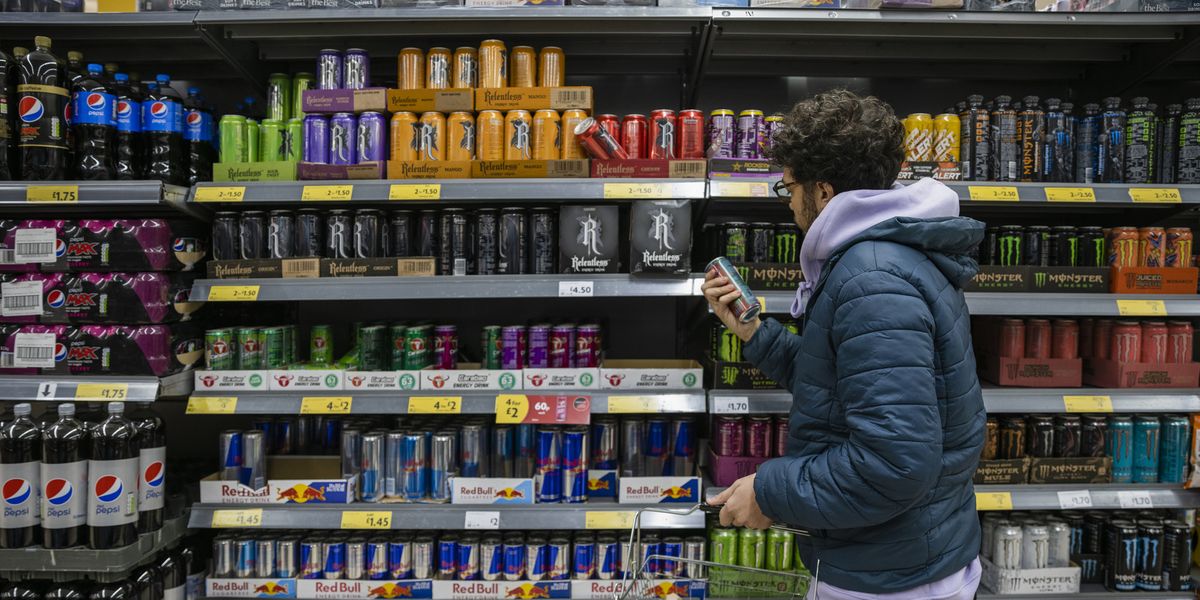
In the wake of
lawsuits alleging that Panera’s Charged Lemonades caused the deaths of two people, health concerns surrounding caffeinated energy drinks have been receiving increased public scrutiny. Some experts are even recommending a nationwide ban on selling energy drinks children.
There have been heightened concerns amongst parents and researchers about how energy drinks impact children and adolescents. And as it turns out, those concerns aren’t unfounded. A review published by a British public-health research center indicates that energy drinks have more serious consequences for children’s health than many realize.
Fuse, the Centre for Translational Research in Public Health, sourced data from 57 studies, including over 1.2 million total subjects across more than 21 countries. Through their research, they found that regular energy drink consumption increased the risk of mental health issues like ADHD, depression, anxiety, and suicidal thoughts. But they suspect that there are countless other risks at play.
The 2016 review’s lead author, Amelia Lake, spoke to Fox News about their findings and said, “We have found an even greater list of mental and physical health outcomes associated with children and young people consuming energy drinks.”
“This evidence suggests that energy drinks have no place in the diets of children and young people,” Lake said. “Policymakers should follow the example from countries that have placed age restrictions on their sales to children.”
Fuse’s review is not the first—nor the last—study advising against kids consuming energy drinks. A 2013 study published by the College of Family Physicians of Canada made the same suggestion. The report flagged that energy drinks bring higher risks of kidney failure, respiratory disorders, and even seizures.
More recently, health officials at UCLA warned about the increased phenomenon of caffeine dependence amount adolescents. They cited the colorful packaging, candy-like flavorings, and targeted marketing campaigns as part of the reason why so many teens reach for energy drinks.
Specifically, UCLA officials mentioned YouTube influencer Logan Paul and his energy drink brand Prime, which has faced calls to be investigated by the FDA for its high caffeine content. For context, the 200 mg serving in each 350 ml can exceeds the legal caffeine limit in Canada, Australia, and New Zealand.
The UCLA study also said that if “it is necessary to consume caffeine, natural sources of caffeine, such as plain tea and coffee without added sugars, are likely healthier choices, as they are free from the additives found in energy drinks.”
The American Medical Association, the American Academy of Child and Adolescent Psychiatry, and other health experts across the country have spoken out in support of a nationwide ban on energy drink sales to customers under the age of 18.




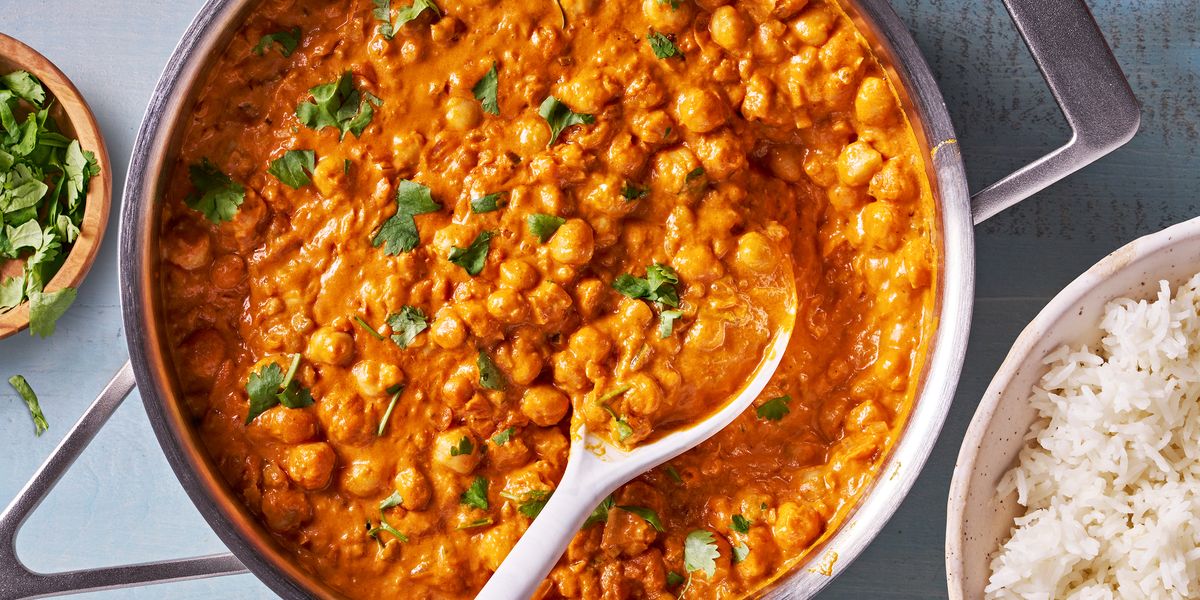








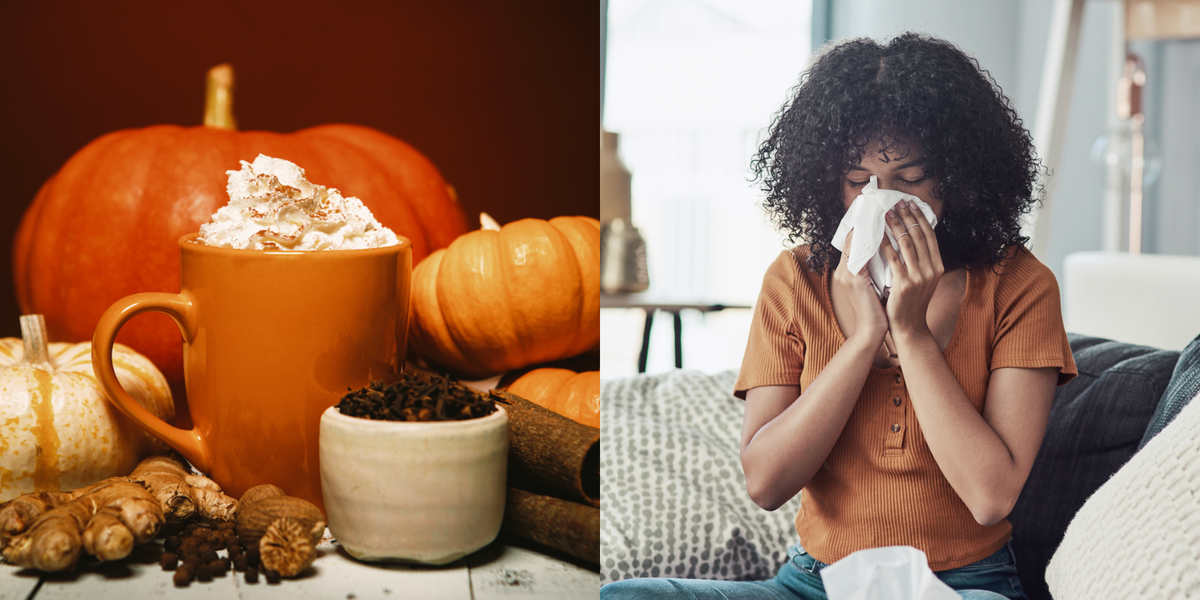
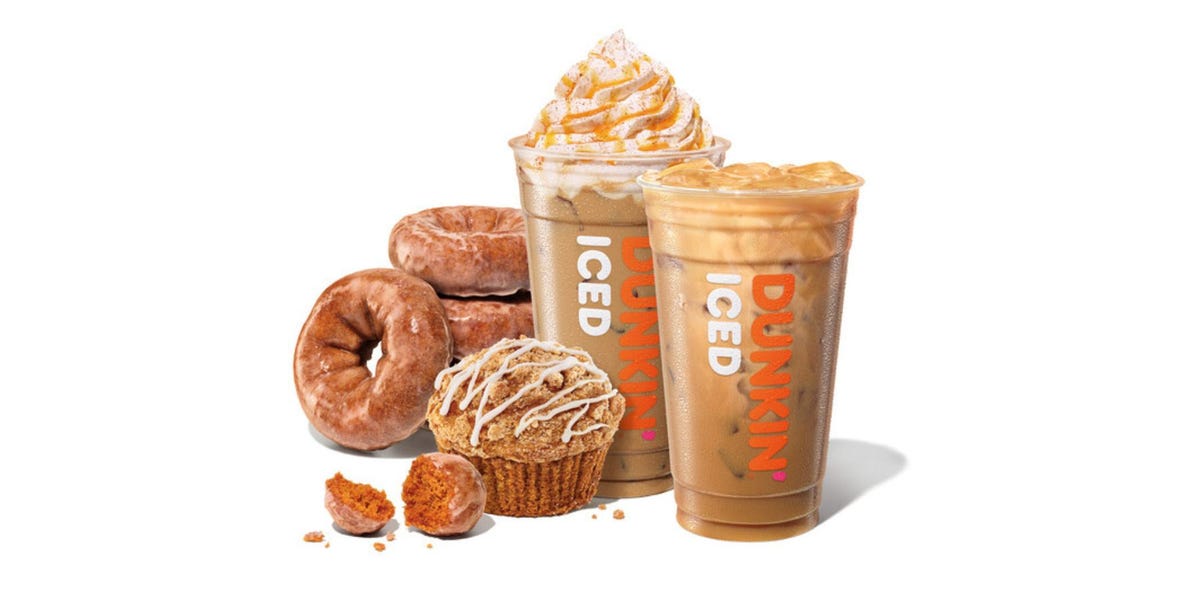
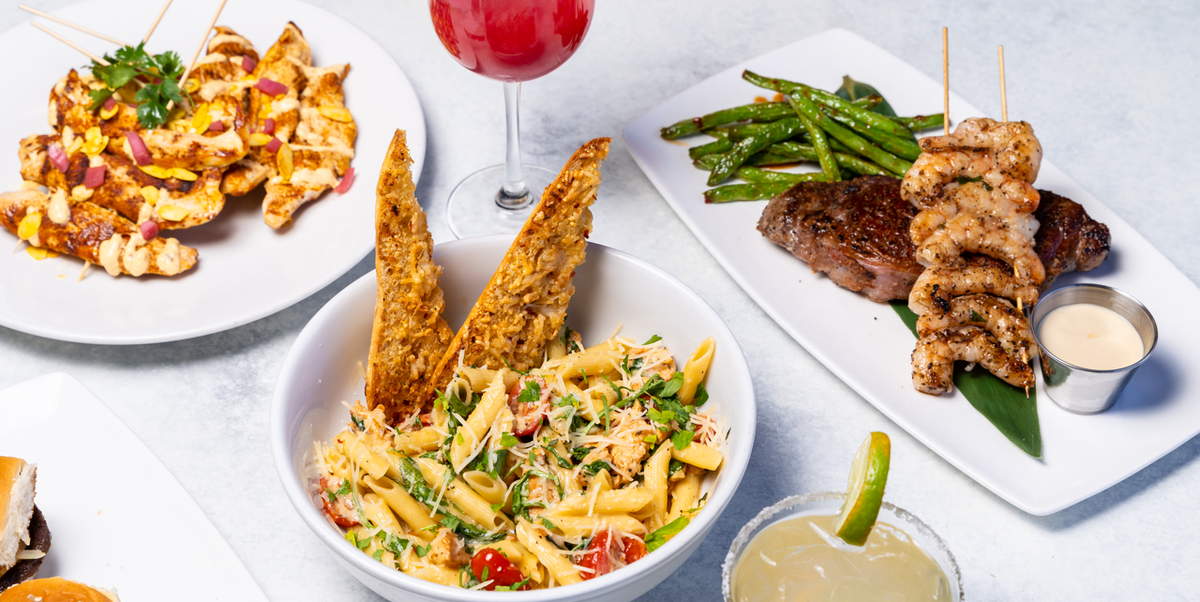
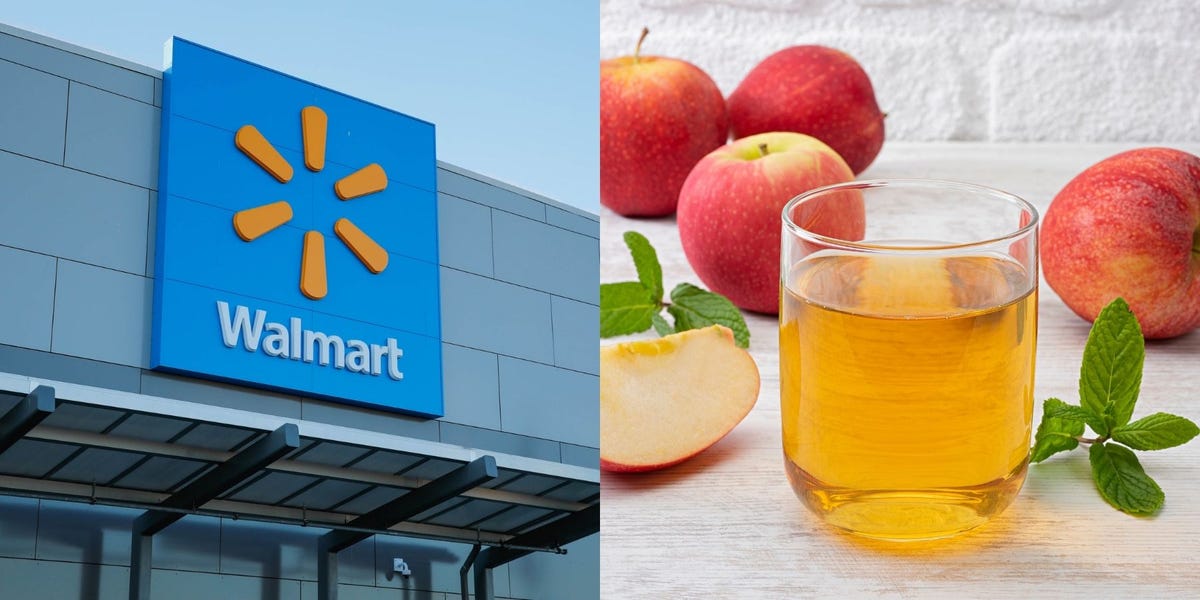

Leave a Reply